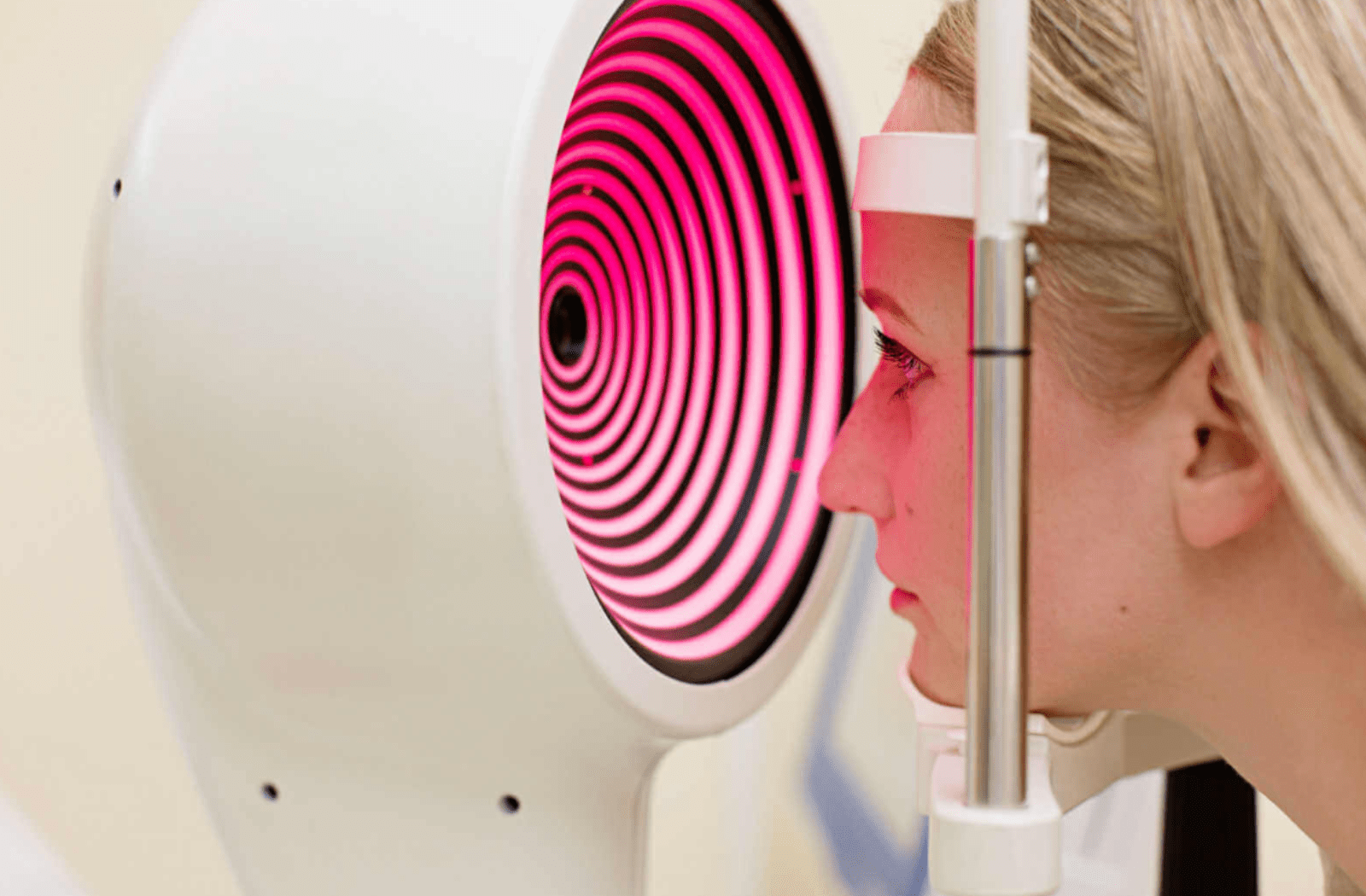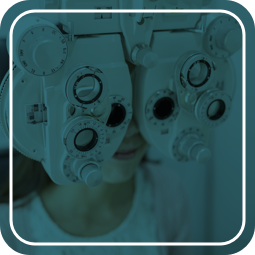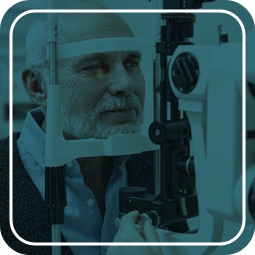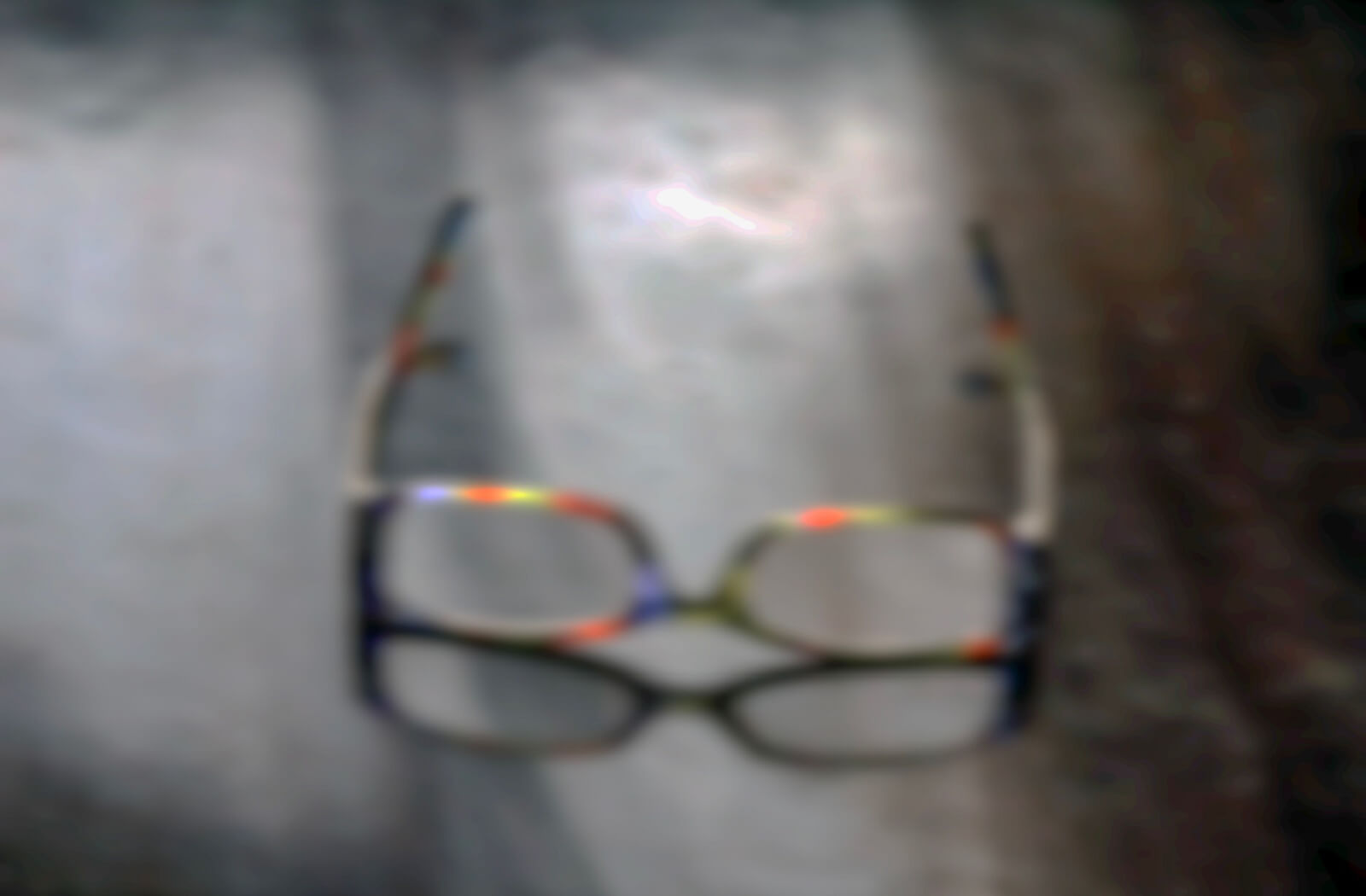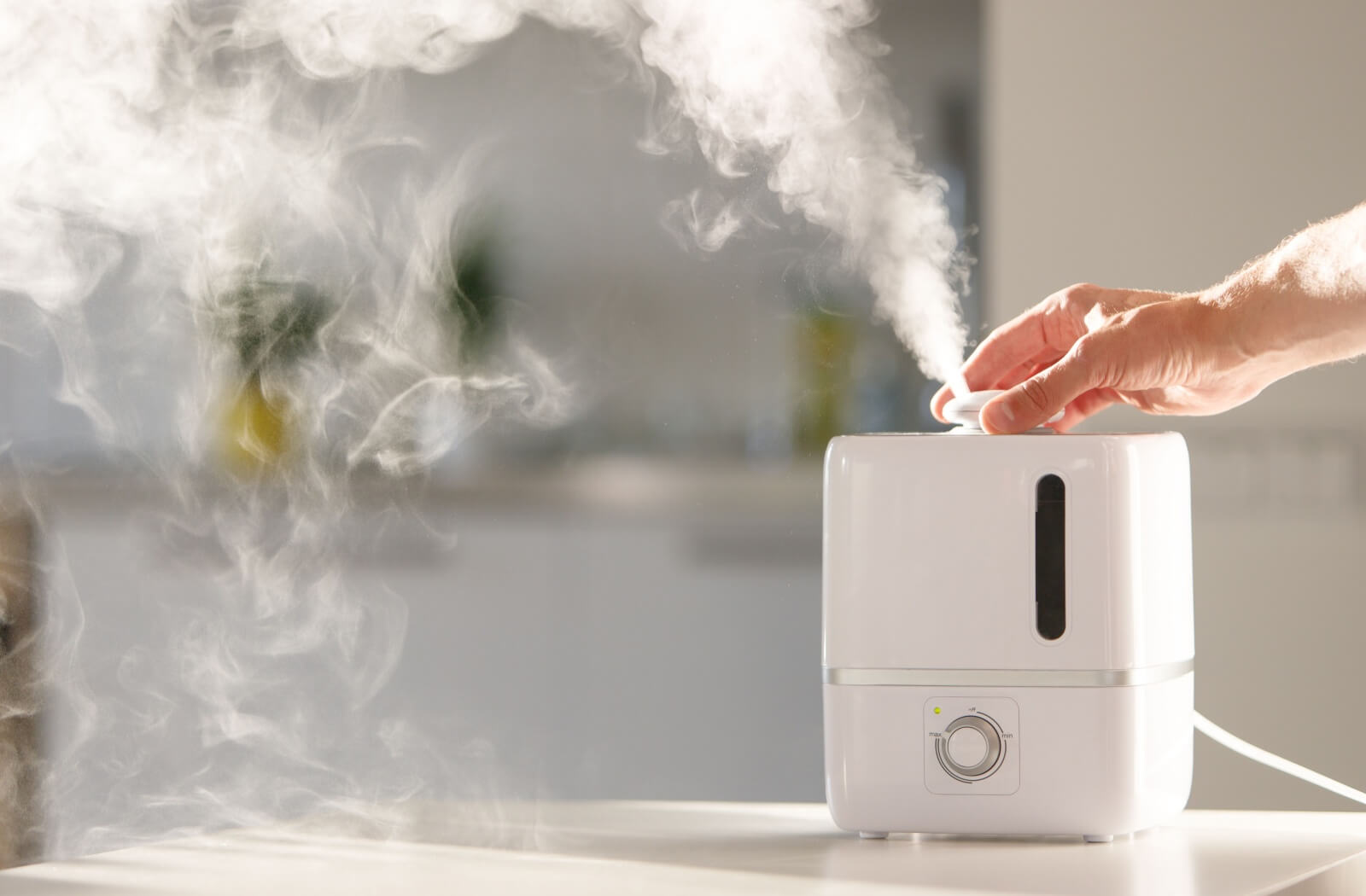Everyone’s eyes are unique, and because of that, everyone deals with different and unique eye issues, like keratoconus. This eye condition can make it difficult to wear contact lenses because it affects the cornea—the clear dome on the front of your eye.
Keratoconus is progressive and causes the cornea to become thin and bow outwards, resulting in poor vision. But your eye care professional can help manage keratoconus and help you see clearly with specialty contact lenses.
Let’s explore keratoconus, how to manage it, and how your optometrist can help.
A Closer Look at Keratoconus
Keratoconus often develops in the late teenage years but can also occur in your 20s or early 30s. Because this condition distorts your cornea, it’s difficult to correct vision affected by keratoconus with only glasses.
Keratoconus is a thinning of your cornea that causes the natural dome to change shape. As it progresses, it can cause scarring.
Common signs and symptoms of keratoconus include:
- Corneal swelling
- Light sensitivity
- Halos around lights
- Eye strain
- Poor night vision
While there is no known cause of keratoconus, it’s suspected that both environmental and genetic factors can play a role. Keratoconus has also been linked to chronic eye rubbing and Down syndrome.
Diagnosing Keratoconus
Your eye doctor can diagnose keratoconus through a comprehensive eye exam. Along with reviewing your medical and family histories and assessing your vision and eye health, they may:
- Do a slit-lamp exam to look for central or inferior corneal thinning
- Use topography to measure the eye and create a “map” of your cornea
- Measure the curve of your cornea

Treating Keratoconus
Glasses and soft contact lenses can’t entirely correct vision problems created by keratoconus. While prescription glasses can improve your vision in mild cases of keratoconus, achieving crisp vision may require a more specialized touch.
Fortunately, specialized rigid gas permeable lenses can be measured and fit to help restore vision for those with keratoconus.
Scleral lenses are custom-made rigid gas-permeable lenses that are larger than traditional contacts and rest on the sclera or whites of your eyes. These lenses vault over the cornea and create a fluid reservoir, allowing for added hydration and superior comfort. The proper alignment of the contact lens to the sclera secures the lens to the eye producing stable vision and added comfort beyond any product on the market today.
Because keratoconus affects the cornea’s shape, scleral lenses bypass these irregularities, making them an excellent option for managing keratoconus. The fluid reservoir also evens out the visual distortion caused by keratoconus, which helps to improve vision further.
Smaller gas-permeable or hybrid contact lenses can also be used for patients with mild corneal irregularities. These hard contact lenses sit on the cornea and can produce similar vision to scleral contact lenses. The challenge in fitting these types of lenses is to create an interaction between the irregular eye surface and the lens that remains stable, safe, and comfortable throughout the day.
Your optometrist can also help you get a precise and safe fit for your new contact lenses through a comprehensive exam and fitting.
What to Expect During Your Contact Lens Exam & Fitting
A contact lens exam and fitting are important to ensure your new contacts provide clear vision while fitting comfortably and safely.
During the exam, your eye doctor reviews your lifestyle needs and contact lens preferences to recommend the lenses that best suit your eyes. They’ll also test your visual acuity to determine your prescription and then,
specifically for keratoconus, take your corneal measurements and review your lifestyle habits and vision challenges.
Keratoconus Solutions
Your eye doctor can help you manage keratoconus. Finding the right solution is crucial, and specialty contact lenses are an excellent option to help improve distorted vision caused by keratoconus.
Book an appointment with our team at Downtown Eyecare & Contact Lens Department to find your keratoconus solution today.

